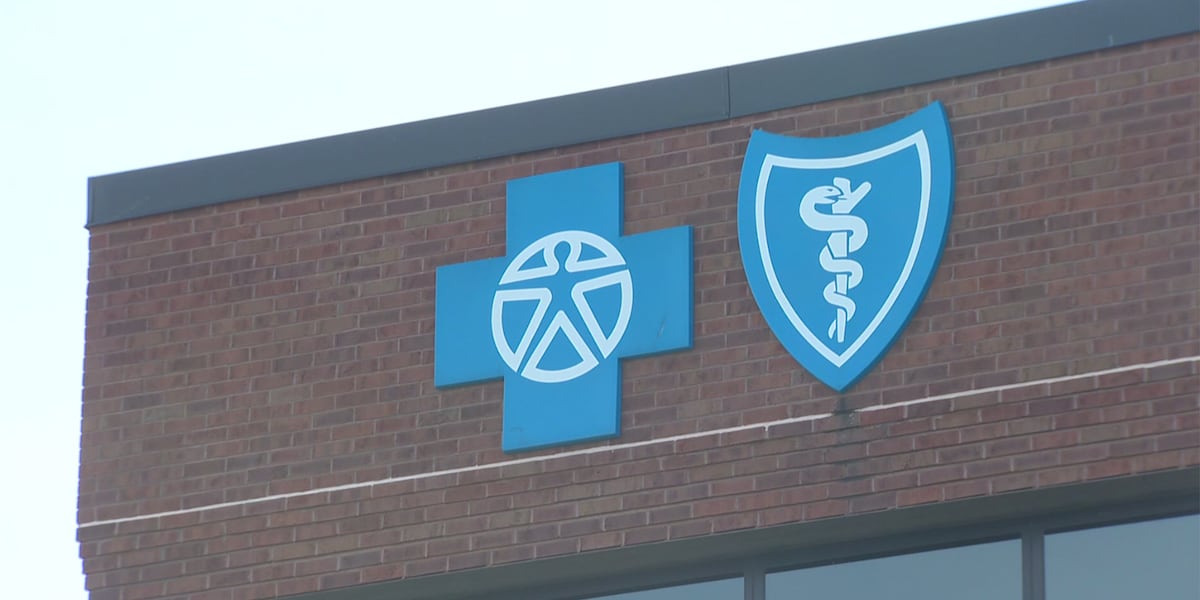Colorado Hospitals Brace for Billions in Losses as Trump's Healthcare Policy Threatens Financial Stability

Colorado Hospitals Face Potential Financial Crisis Amid Healthcare Policy Shifts
A concerning new report indicates that Colorado's hospitals are facing a potential multi-billion dollar financial hit due to the possible impact of President Donald Trump's healthcare policies. The report highlights the risk of reduced revenue and increased uncompensated care costs if the number of insured individuals in Colorado decreases as a result of these policy changes.
The Core Issue: Fewer Insured, Higher Costs
The crux of the problem lies in the potential for fewer Coloradans to have health insurance coverage. This decrease in insured individuals could lead to a significant drop in revenue for hospitals, as they rely heavily on insurance reimbursements to cover operational expenses and provide essential services. Simultaneously, hospitals would likely see a rise in uncompensated care – the costs associated with treating patients who lack insurance and are unable to pay for their medical bills.
Billions at Stake: A Financial Blow to Colorado's Healthcare System
The report estimates that Colorado hospitals could experience losses totaling billions of dollars. This financial strain could have far-reaching consequences, potentially impacting hospital staffing levels, access to specialized services, and even the viability of some rural hospitals that already operate on thin margins. The ripple effect could extend beyond the healthcare sector, impacting the state's economy as a whole.
Understanding the Policy Landscape: What's Driving the Concerns?
The concerns stem from ongoing debates and potential revisions to existing healthcare policies, specifically those related to the Affordable Care Act (ACA). Changes that could limit access to insurance subsidies or weaken the individual mandate could lead to a decline in enrollment, ultimately impacting hospital finances.
Beyond the Numbers: The Human Cost
While the financial figures are staggering, it's crucial to consider the human cost of these potential changes. Reduced hospital revenue could translate to fewer resources for patient care, longer wait times, and limited access to essential medical services. This could disproportionately affect vulnerable populations who rely on hospitals for their healthcare needs.
What's Next? Hospitals Prepare for Uncertainty
Colorado hospitals are actively monitoring the evolving policy landscape and exploring strategies to mitigate the potential financial impact. These strategies may include cost-cutting measures, diversifying revenue streams, and advocating for policies that protect access to affordable healthcare. The situation remains fluid, and the long-term consequences will depend on the final shape of healthcare policy in the United States.
Industry Experts Weigh In
“The potential financial impact on Colorado hospitals is significant and demands careful consideration,” stated Dr. Emily Carter, a healthcare economist at the University of Colorado Denver. “We need to ensure that our healthcare system remains stable and accessible to all Coloradans, regardless of their insurance status.”
Looking Ahead: A Call for Sustainable Healthcare Solutions
The challenges facing Colorado hospitals underscore the need for sustainable healthcare solutions that balance access, affordability, and financial stability. Open dialogue and collaborative efforts between policymakers, healthcare providers, and community stakeholders are essential to navigate these complex issues and ensure a healthy future for Colorado.





